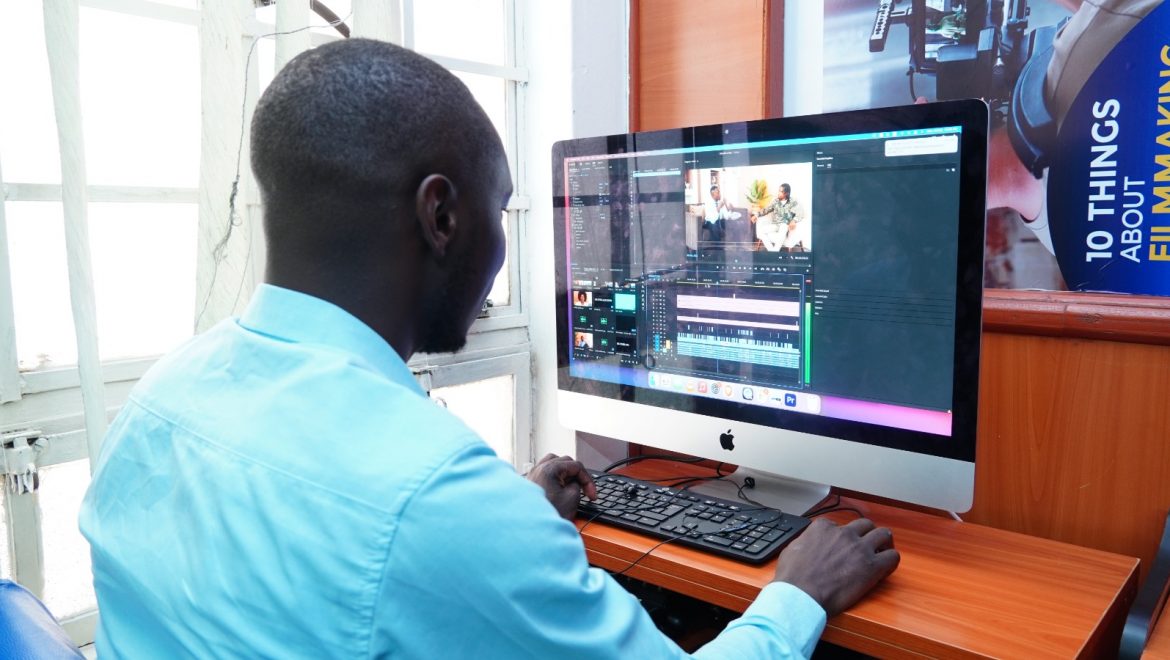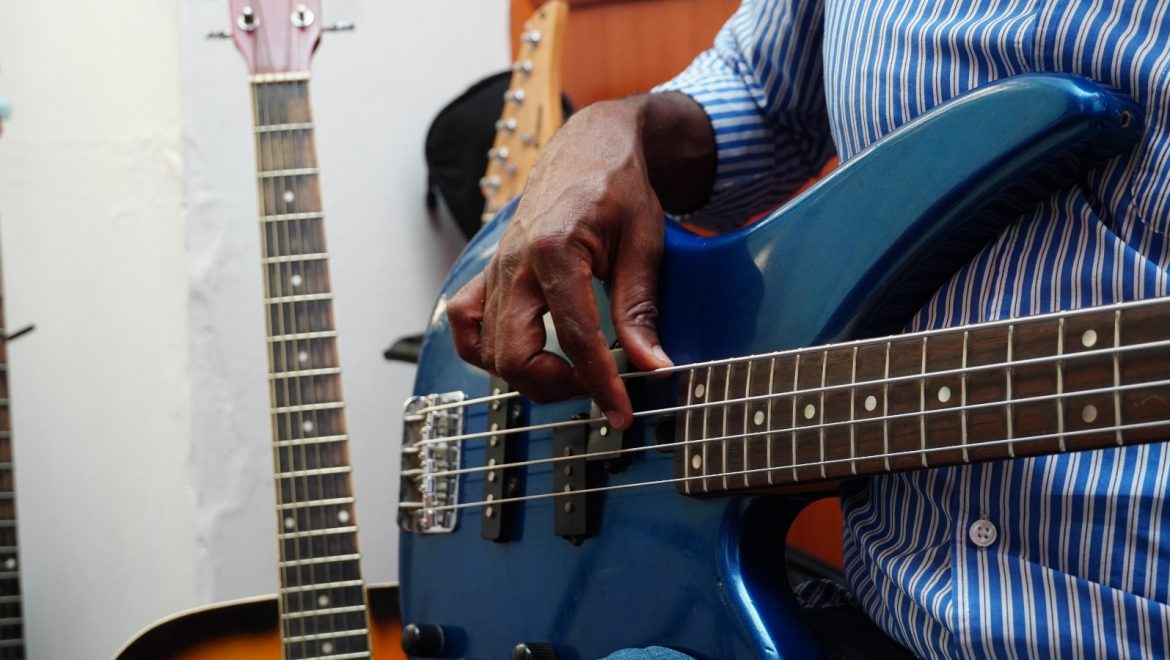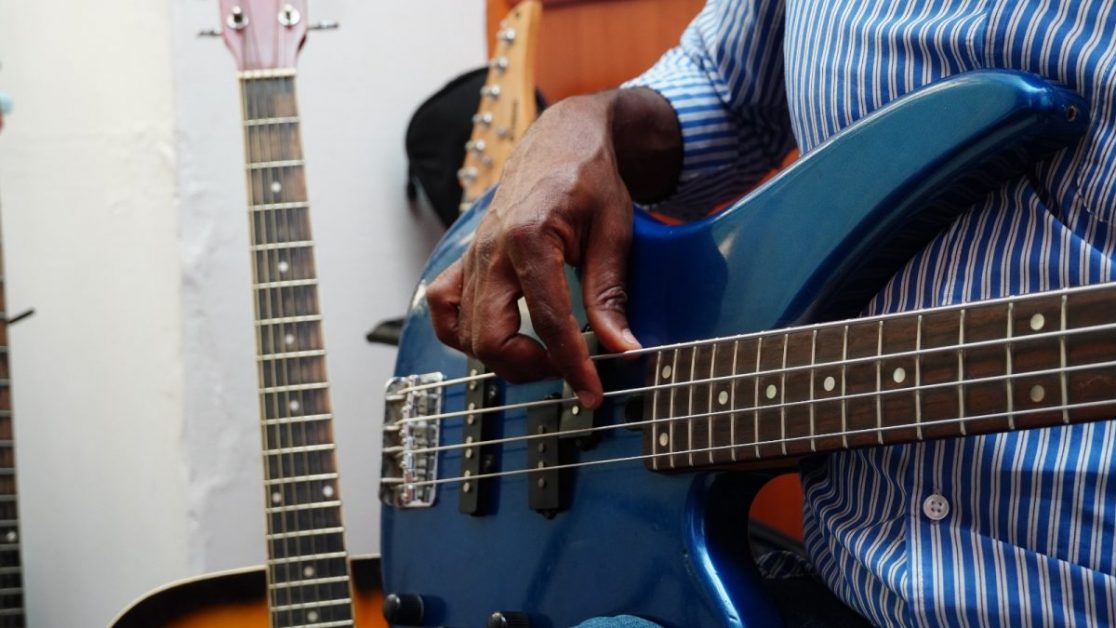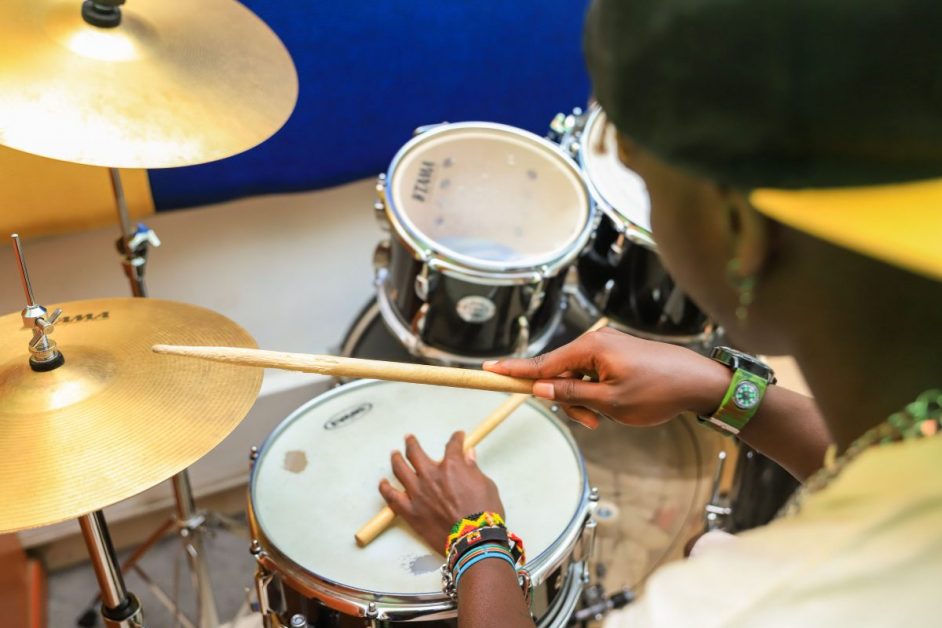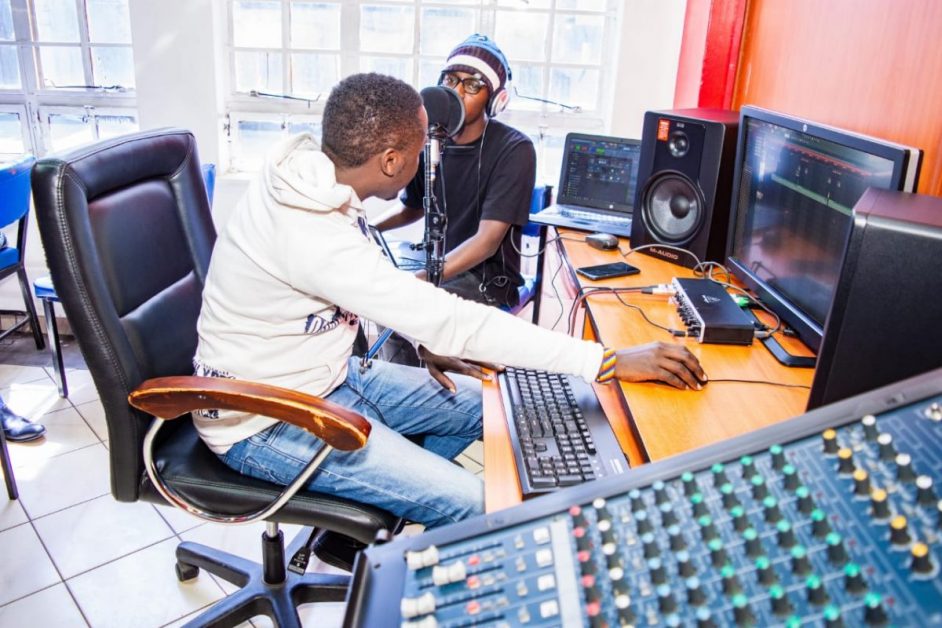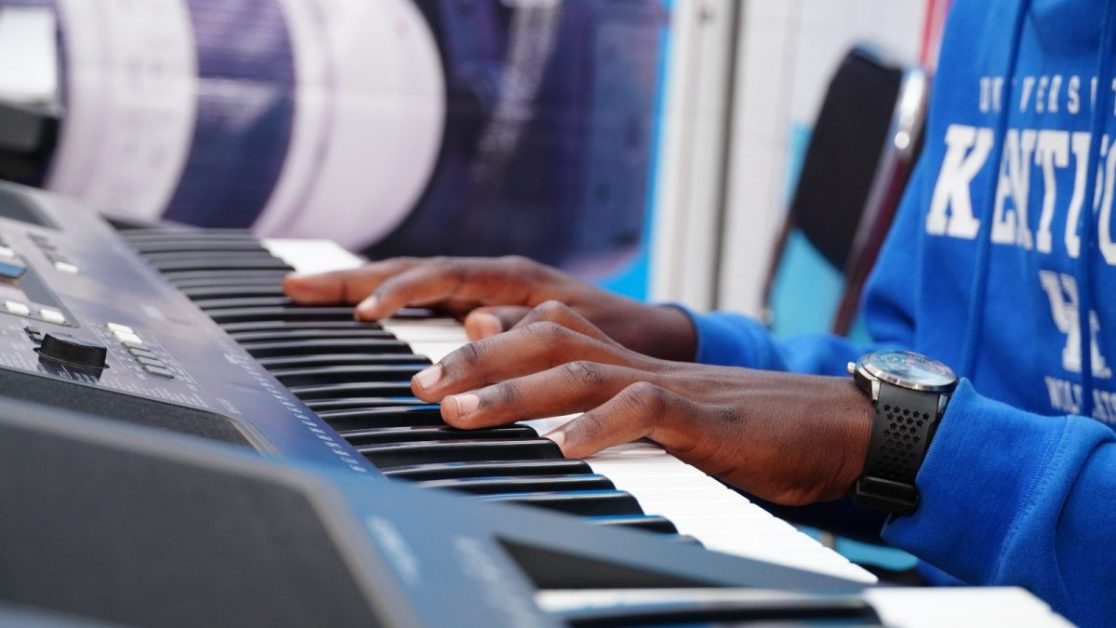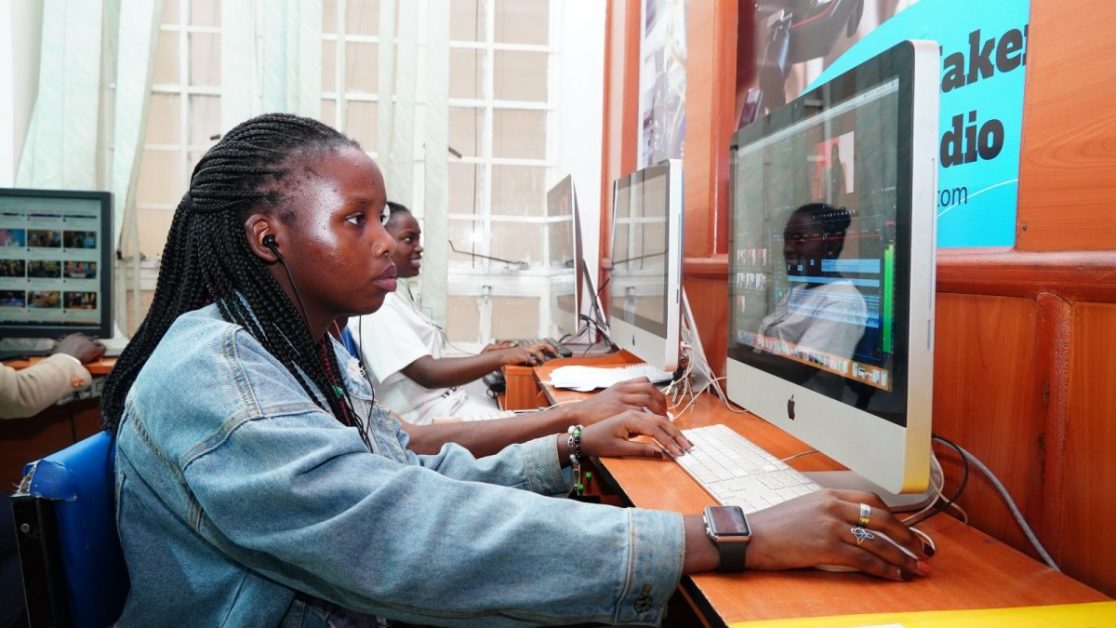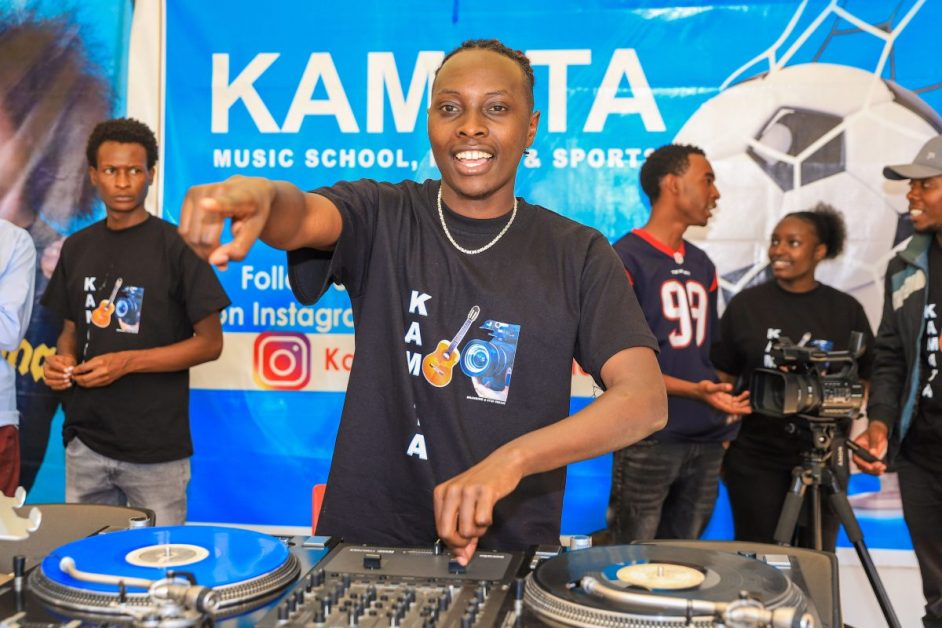Music Education for Children: Why It Matters
Music Education for Children: Why It Matters
Music education for children has the potential to serve as a valuable tool in aiding them to attain their maximum potential. As parents, we want our children to have the best possible start in life. In this blog, we’ll explore the benefits of introducing children to music at a young age. Also, offer tips on creating a positive learning environment.
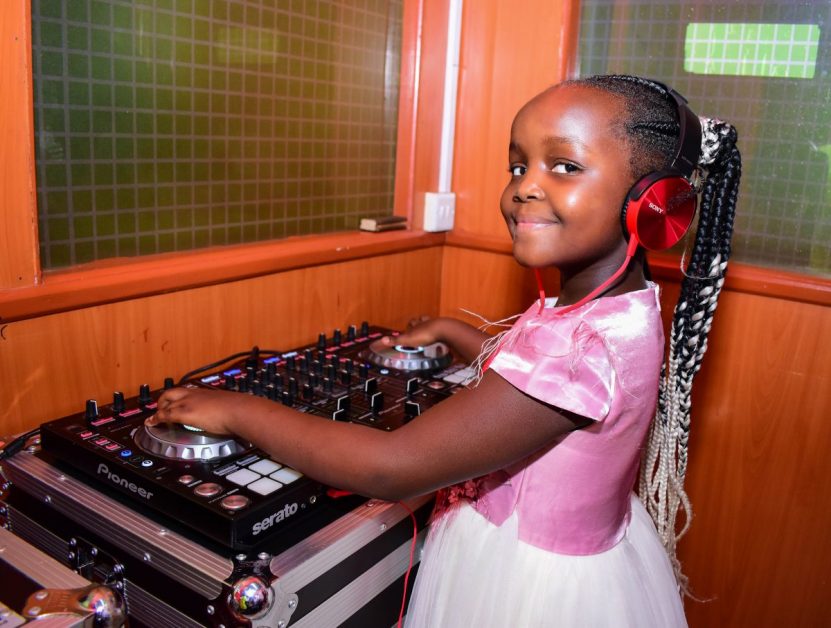
The Benefits of Music Education for Children
There are many benefits to introducing children to music at a young age. Here are some of the key ones:
- Cognitive Development: Learning music has been shown to improve cognitive abilities, including memory, spatial awareness, and language development.
- Emotional Development: Music can help children express their emotions and develop empathy and compassion for others.
- Creativity: Learning music can enhance a child’s creativity and imagination. Also, make them think outside the box and explore new ideas.
- Discipline and Focus: Practicing an instrument requires discipline and focus. In addition, this can translate into other areas of life, such as academics and sports.
- Social Skills: Music education can help children develop social skills, such as communication, collaboration, and teamwork.
Tips for Creating a Positive Learning Environment
To create a positive learning environment for children, here are some tips to keep in mind:
- Encourage Participation: Encourage your child to participate in music classes or join a school band or choir. This will help them develop their skills and build confidence.
- Make It Fun: Learning music should be fun and engaging. Use games, creative activities and interactive exercises to make learning enjoyable.
- Provide Support: Provide your child with the support they need to succeed. This includes access to instruments, music lessons, and practice time.
- Celebrate Achievements: Celebrate your child’s achievements and progress, whether it’s mastering a new song or performing in a recital. As a result, this will help build their confidence and motivate them to continue learning.
- Listen to Music Together: Listen to music together as a family. Additionally, encourage your child to explore different genres and styles. This will help them develop their musical taste and appreciation.
In conclusion, music education can have a profound impact on children’s cognitive, emotional, and social development. Additionally, by introducing children to music at a young age and creating a positive learning environment, we can help them develop their skills, build their confidence, and achieve their full potential.


